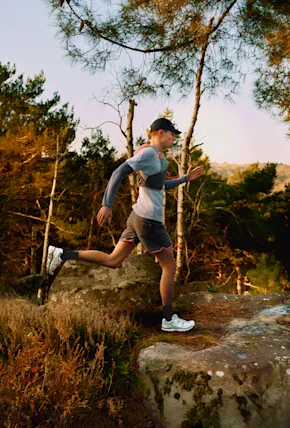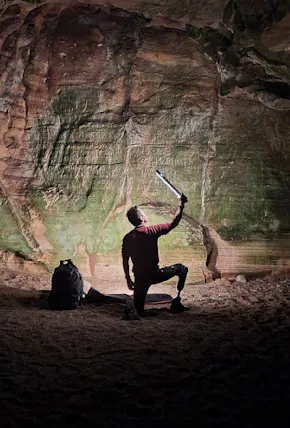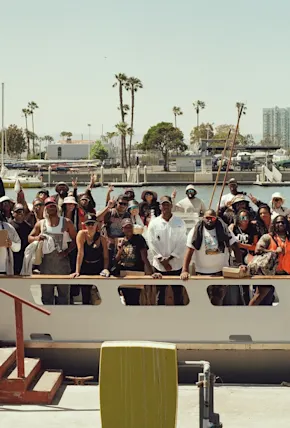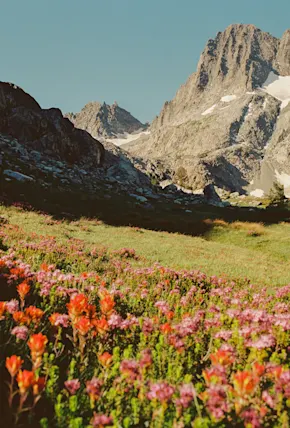When I was a younger woman in snowboarding, I naturally found myself among the boys. Growing up in New Hampshire, I had the luxury of riding after school and on weekends, establishing myself as part of the neighborhood— but never quite at home. It wasn’t until I spoke with professional snowboarder turned director Jess Kimura—at the ripe age of nearly 30 no less—that I realized my experience wasn’t so isolated, rather a reminder of womanhood between two individuals with completely different trajectories.
In 2009 I made the decision to “retire” from competition after a second-place finish at the local “Man of Steel” rail jam. lol. In 2010, British Columbia-based Jess Kimura, who turned pro at 23, opened Think Thank production’s famous Right Brain Left Brain video—something very rare for a woman to do—and gained sponsors like Capita, Nike, The North Face, Monster Energy, and more.
As I eventually moved to New York to pursue jobs in media, Jess’ career continued to skyrocket. Kimura made lists like ESPN’s Top 50 Most Influential People in Action Sports, won countless Transworld Women's Rider of the Year, Women's Video Part of the Year, and Reader's Choice awards, and even an X-Games silver medal. All the while riding both rails and backcountry like she had nothing to lose and everything to gain—establishing herself as one of the most influential snowboarders of the last decade, male or female.












